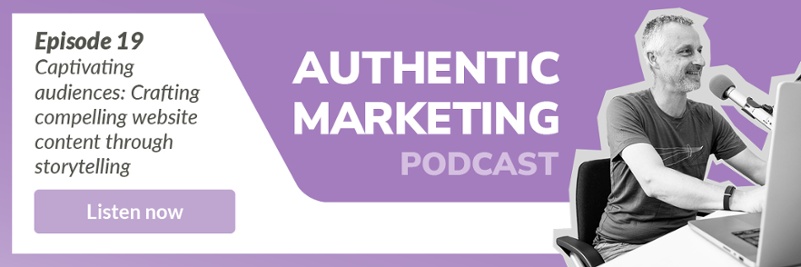How to increase Google ranks for your website

When you want to find something, often the first thing you’ll do is search for it via Google. You’re presented with various options on the first page within a few seconds, and you’re usually satisfied with the result. Your customers are doing the same thing - which means that if your company is not listed on that first page, you’re likely losing out on business. This is why it’s critical to understand how Google ranks your website so you can optimise it for maximum visibility.
Companies who understand how Google ranks can leverage the search engine to their benefit, attracting large amounts of leads by simply being listed on Google’s first page. If you don’t know how Google ranks your website, you’ll never be able to improve your standing on Google and rank higher for more exposure.
We believe that no one should have to lose business because they don’t understand how Google works - which is why we’ve created this blog to clear up some of the confusion. We’ll explain how Google ranks your website, why they choose to use this method, and some quick tips in how you can leverage this information to rank higher.
How does Google Rank your Website?
There are trillions of websites listed on the web. In fact, despite Google indexing over 35 trillion websites, they estimate that they’ve only covered 4% of the total web content available - but how does Google achieve this?
Search engines like Google and Bing use automated bots called web crawlers. These crawlers scan and index pages according to a complex algorithm that rates and ranks each page according to Google’s opinion of its authority and usefulness to readers. After this, Google lists and orders each webpage on a search results page whenever a user searches for specific keywords.
Therefore, if you rank higher on a search results page for a search query, Google sees your page as the most relevant and authoritative result.
However, Google’s AI has also developed the capability to understand the meaning behind each query and has since processed searches as concepts rather than just individual keywords. The algorithm the AI uses is similar to how we humans understand and process language, which is why it’s called Natural Language Processing (NLP).
Currently, there are over 210 known factors that influence your ranking - but there are many more that Google does not divulge. This is because some of the ranking factors are also created and adjusted by Google’s Artificial Intelligence algorithm itself, created on a daily basis.
Despite this, there are clear ways you can influence Google’s algorithm to help you rank higher on the search engine.
Positive factors for ranking higher with Google
Broadly speaking, Google rates your website based on the actual content itself as well as external factors. Let’s take a closer look at each.
Your content
Google judges your content mostly on:
- How unique your content is
- Generally, this relates to whether your content is original or not. If you copy and paste content from another site, you won’t score any points with Google.
- How helpful your content is
- Google determines this based on whether visitors stay on your page or website for extended periods of time and engage with your content by scrolling down or exploring other pages.
- How detailed your content is
- Google also evaluates how topically relevant your page is and how long your content is to determine how detailed your pages are.
- How attractive your page is
- Your page’s attractiveness refers to how Google is able to present your page via search results. For this, your title tag must be optimised, your meta description relevant and your brand and website name be relevant to the search in question.
- How readable your page is
- While Google determines detail by length, it determines readability by brevity. Present your content in small, bite-sized chunks, and use headings or bullet points where necessary.
- How efficient your page is
- The faster your website loads, the better Google sees it as performing for end-users. Crawlers test this with various requests and loads.
External factors
External factors are factors over which you have no control over. They mainly relate to what happens on other websites:
- How many good websites link to yours
- This refers to your authority. Google checks whether reputable websites link to yours as a source of information or reference. The more that do so, the higher your ranking.
- How many good websites link to a specific page
- In addition to how many reputable websites link to your website as a whole, Google also ranks individual pages of your website if one is linked to consistently.
- How authoritative your competitors are
- Google also compares your competitors’ performance in terms of authority. If your competitors wield more authority than you do for a particular topic, Google will rank them higher.
- How relevant your competitors are
- In addition, Google also takes a look at how your competitors perform according to their algorithm. If your competitors have more traffic coming in and staying for longer, they will rank higher than you.
Where to from here?
Trying to understand how Google works can be daunting, but it’s essential to competing in the world of digital marketing. If you want to rank higher, we have a blog post and whitepaper that could help you - but if you want more specific guidance, you need to find the right partner to guide you.
If you want to be an organisation whose website is a central asset, you need to start with an experienced web developer that understands the sales and marketing process. We understand that finding the right developer is a frustrating and time-consuming process, which is why we have spent the last 12 years designing, developing, and maintaining high-performing websites for dozens of B2B clients worldwide.
We give you everything you need to build a high-performing website - developers included. Start with taking our free website audit and watch as your search rankings, traffic, and online leads increase.

